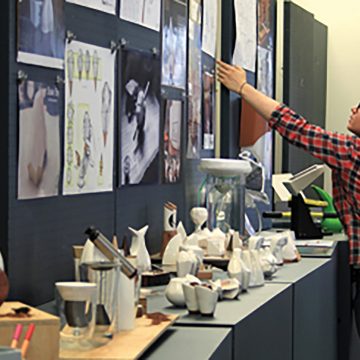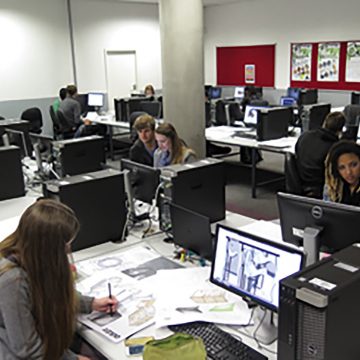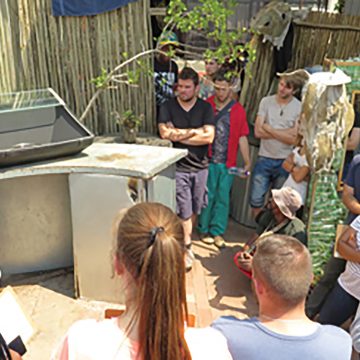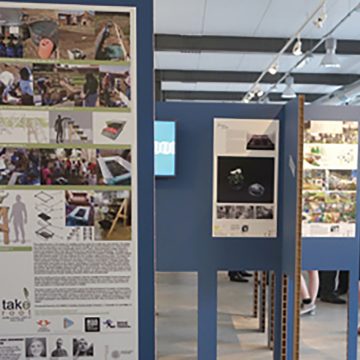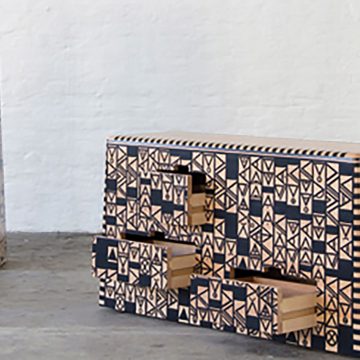Industrial Design
In 2016 the World Design Organisation (WDO) defined Industrial Design as “a strategic problem-solving process that drives innovation, builds business success, and leads to a better quality of life through innovative products, systems, services, and experiences. Industrial Design bridges the gap between what is and what’s possible. It is a trans-disciplinary profession that harnesses creativity to resolve problems and co-create solutions with the intent of making a product, system, service, experience or a business, better. At its heart, Industrial Design provides a more optimistic way of looking at the future by reframing problems as opportunities. It links innovation, technology, research, business, and customers to provide new value and competitive advantage across economic, social, and environmental spheres.”
Most definitions of design refer to a goal-orientated process which aims to solve problems, meet needs, improve situations, or create something new or useful. Industrial designers use a range of tools to do this, including: sketching, computer graphics, computer aided design and model-making. At the conception of Industrial Design it was primarily concerned with design for industry, and hence many products are conceived for particular manufacturers resulting in products such as mobile phones, furniture or even cars. Industrial designers also design products that will be made as one-offs, such as craft products, trophies, or models and full-scale mock-ups for movies. However, as per the WDO definition, industrial designers are not only limited to the design of products, but can also put their skills to use in proposing new ways of doing everyday things.
Department of Industrial Design
The Department of Industrial Design is the oldest Industrial Design programme in South Africa. It began at the School of Art, Johannesburg in 1963, this became the Technikon Witwatersrand in 1979, and finally merged with Rand Afrikaans University and Vista University to become the University of Johannesburg (UJ) in 2005. The Department of Industrial Design is one of eight departments in the Faculty of Art, Design and Architecture based in a bespoke building on the UJ Bunting Road Campus.
The Department has four central principles that drive the education we offer:
- As industrial designers we are responsible for the manufacture of products that will be produced in great numbers. We have a responsibility to consider the environmental impact of our creativity.
- We are likely to design most of our products for just 10% of the world’s population who can afford designer consumer goods. However, we also have a responsibility to design products for the other 90% who may not be able to afford the luxury of the minority, but nevertheless need access to well-designed products in their everyday lives.
- At the centre of what we are responsible for developing is the person who will one day use the results of our creativity. Every aspect of our design process needs to consider this individual and their circumstances as a priority.
- We are located in Johannesburg, South Africa and should make every effort to reflect this unique context in how we design. This may be considered in terms of decolonization, development, identity, aesthetics, culture or social economics
For those of you considering studying Industrial Design at the University of Johannesburg, here is a video made by our postgraduate students exploring their discipline as well as their experiences of studying with us:

